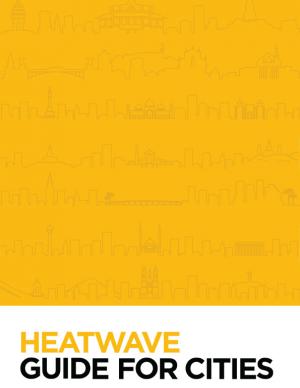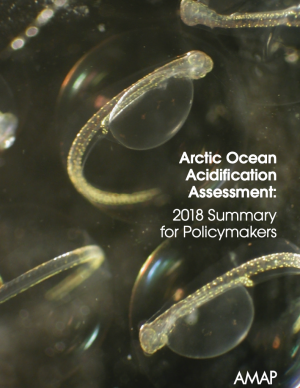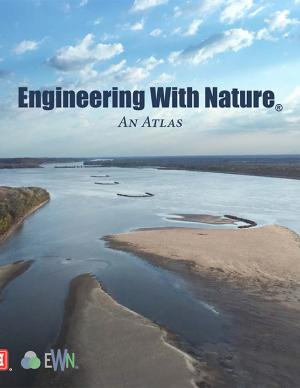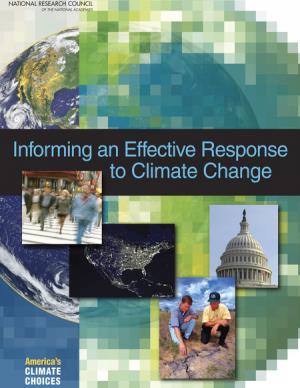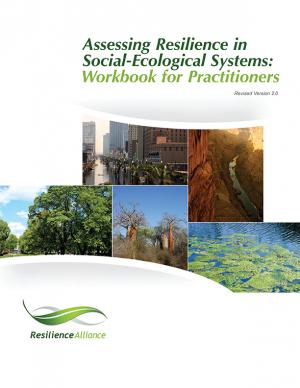Access a range of climate-related reports issued by government agencies and scientific organizations. Browse the reports listed below, or filter by scope, content, or focus in the boxes above. To expand your results, click the Clear Filters link.
Heatwaves are deadly and their impacts are on the rise globally due to climate change. People living in urban areas are amongst the hardest hit when a heatwave occurs because these are hotter than the surrounding countryside. It is crucial that cities incorporate heat-reduction tactics such as green spaces into their plans for growth or retrofit them in built areas; this emergency can only be avoided if city institutions, community groups, and planners contribute to reducing heat risk now and in the future. This guide is intended to help city staff take the first steps to understanding the heat risks they face, develop an early warning system, work with partners to consolidate heat action plans, and adapt urban planning practices.
This Summary for Policymakers summarizes the findings of the AMAP Assessment 2018: Arctic Ocean Acidification report released in October 2018. It offers a review of the latest science relating to regional ocean acidification, the biological responses to it, an overview of case studies and their associated findings, and recommendations for the Arctic Council.
The EWN Atlas is a collection of 56 projects illustrating a diverse portfolio of contexts, motivations, and successful outcomes, presented and considered from an Engineering With Nature® perspective to reveal the usefulness of nature-based approaches and the range of benefits that can be achieved. Engineering With Nature is an initiative of the U.S. Army Corps of Engineers enabling more sustainable delivery of economic, social, and environmental benefits associated with water resources infrastructure. EWN intentionally aligns natural and engineering processes to efficiently and sustainably deliver economic, environmental, and social benefits through collaborative processes.
This volume in the National Research Council's America's Climate Choices series describes and assesses different activities, products, strategies, and tools for informing decision makers about climate change, including education and communication, and information systems and services for helping them plan and execute effective, integrated responses. Information and reporting systems discussed include climate services and a greenhouse-gas accounting system.
The workbook for practitioners uses strategic questions and activities to assess resilience in social-ecological systems. The approach involves constructing a conceptual model of a system that includes resources, stakeholders, and institutions, and identifies potential thresholds between alternative systems states in order to provide insight into factors that build or erode a system's resilience. A resilience assessment can help with developing strategies for coping with uncertainty and change.

